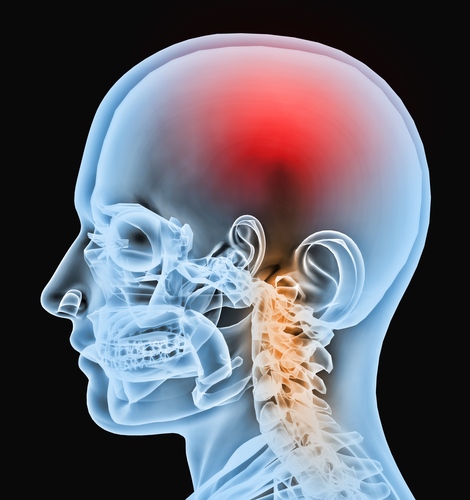It is an unfortunate truth that some prescription drugs come with a danger of addiction. As many healthcare professionals and researchers will point out, any psychoactive substance — a substance that changes your brain chemistry — can be addicting. When psychoactive prescription drugs are taken in ways other than prescribed, even accidentally, the risk of addiction often becomes very real, very quickly. Addictive prescription drugs include psychotherapy medications that treat seizures, anxiety, depression, sleep disorders, ADHD and personality disorders, as well as pain relief narcotics. Common categories include amphetamines, benzodiazepines and opioids.
The 2015 National Survey on Drug Use and Health estimated that nearly 4 million Americans had recently abused prescription drugs, including psychotherapy medications and painkillers. What’s more, it is possible to become addicted to prescription drugs even if you are not taking them recreationally. Many psychoactive drugs, particularly benzodiazepines and opioids, are not designed to be used frequently over time. If you or a loved one take a prescription medication and have been exhibiting signs of dependency, it could be time to seek medical attention for addiction. Some indicators of dependence and addiction include:
- Taking increasingly higher or more frequent doses
- Seeking multiple refills for a prescription, especially against or without the advice of a healthcare provider
- Becoming unreasonable, angry or irritable when access to medication is limited
- Taking the drug for purposes other than treating intended symptoms (e.g., to relax after a long day or to feel more energetic at social gatherings)
PRESCRIPTION DRUG ADDICTION IN THE BRAIN AND BODY
Psychoactive prescription drugs are highly effective in their intended uses because they work in precise ways to counteract problematic feelings or perceptions. Opioids, for example, dampen pain by decreasing brain activity in areas that register painful sensations and increasing activity in places that make you feel happy, numb and sleepy. When psychotherapeutic drugs are used to treat depression and anxiety, they supply the brain with the chemicals it needs to reduce overactive negative thoughts and help your emotions become more balanced.
However, over time, your brain adapts to these artificial changes. You can begin to build a tolerance, which means that prescribed doses of the drug will no longer have as powerful of an effect; it can seem like an easy solution to take more, but this is a slippery slope to addiction. You may also notice that you start to feel worse than usual if you stop taking the drug — if this occurs, you are experiencing withdrawal symptoms. It is possible to find yourself in withdrawal whether you have abused the drug in its intended purpose or recreationally. Withdrawal symptoms can include headaches, extreme pain sensitivity, mood swings, nausea, anxiety, paranoia and cravings.


TREATING PRESCRIPTION DRUG ADDICTION
Addiction to prescription drugs is often difficult to treat because many people begin taking them for legitimate reasons. Someone who is addicted to a prescription drug will need medical monitoring during detox — they will likely require highly controlled doses of medication to manage their addiction as well as the disorder for which their medication was initially prescribed. Additionally, the withdrawal symptoms from prescription drug abuse can be severe and last for months, particularly if the drug was abused for a long time. When the brain becomes dependent on a drug, it needs to re-learn how to function on its own; this process is complicated and is the reason addiction recovery is best accomplished in a professional treatment setting.
The highly-qualified and caring staff at The Springboard Center at our Midland, TX facility are prepared to guide you through every stage of treatment for prescription drug addiction. We offer medically-assisted detox as well as long-term therapy services, ensuring a seamless transition from detox to inpatient recovery to a substance-free life. We understand that your experience with addiction is your own, and it is our mission to treat you with compassionate, individualized attention and care to ensure that you can build a path to recovery that will work for you. Our variety of customizable programs include:
- Residential treatment
- Intensive outpatient treatment
- Medically-assisted detox
- Treatment for co-occurring addictions
- Individual and group therapy
CONTACT THE SPRINGBOARD CENTER
Springboard is proud to be the premier addiction treatment center for the Permian Basin region of Texas, New Mexico and Oklahoma. We treat men and women over the age of 18 for addiction to drugs and alcohol, and we can offer medically-assisted detox at our facility and in partnership with local healthcare centers. If you or your loved one is struggling with addiction, contact us to find out if our programs are right for you. Call us today at our office in Midland, TX 432-620-0255 to learn more about the resources available to you during your recovery.

